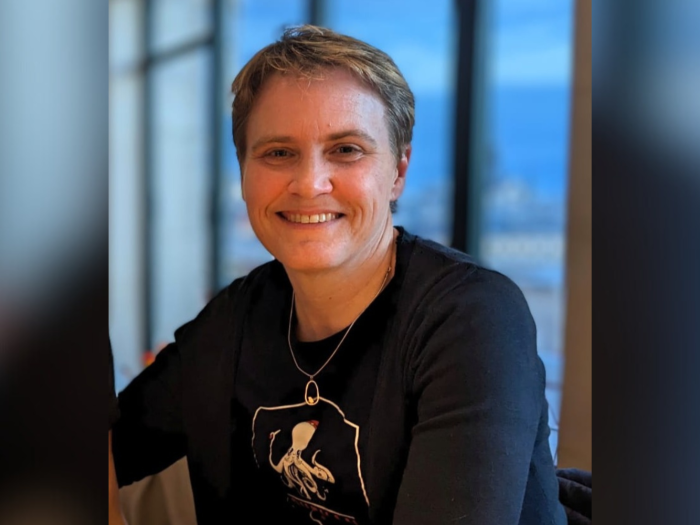February is LGBT+ History Month and the theme this year is particularly poignant as it recognises the important contribution to the fields of medicine and healthcare - both historically and in the present day - made by LGBTQ+ people.
In the second blog from staff members to mark the month, principal psychotherapist in the specialist psychotherapy service (SPS) and chair of the rainbow staff network group, Lin Harrison talks about her personal experiences.
